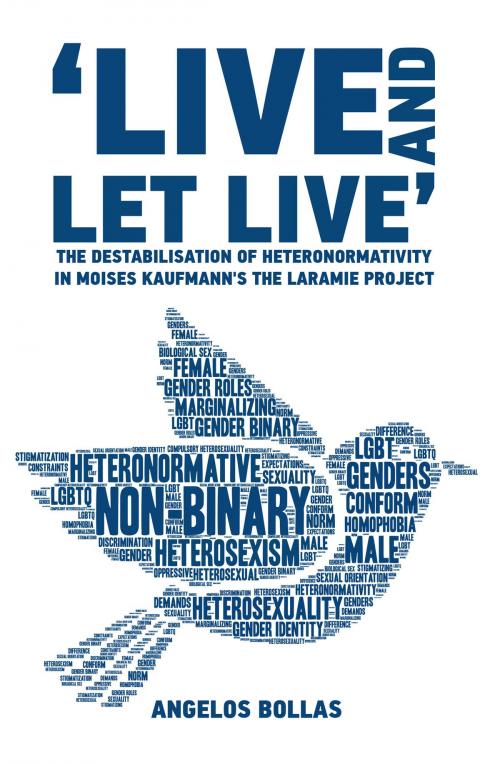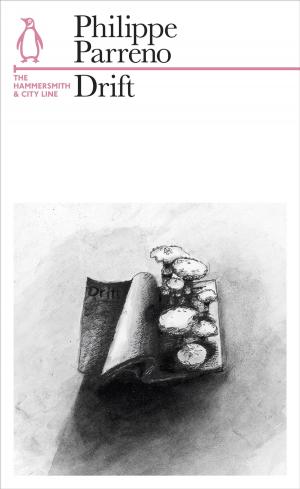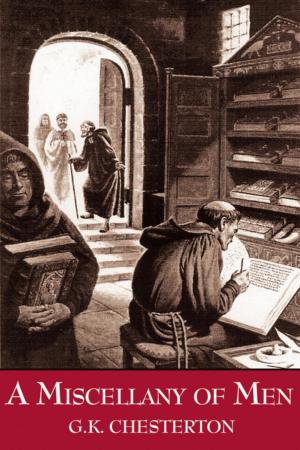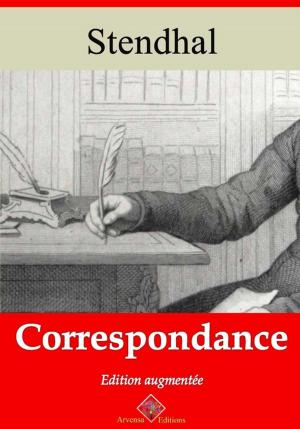'Live and Let Live' The Destabilisation of Heteronormativity in Moises Kaufman's The Laramie Project
Fiction & Literature, Essays & Letters, Essays| Author: | Angelos Bollas | ISBN: | 9781370811113 |
| Publisher: | Angelos Bollas | Publication: | April 16, 2018 |
| Imprint: | Smashwords Edition | Language: | English |
| Author: | Angelos Bollas |
| ISBN: | 9781370811113 |
| Publisher: | Angelos Bollas |
| Publication: | April 16, 2018 |
| Imprint: | Smashwords Edition |
| Language: | English |
Moises Kaufmann’s The Laramie Project dramatizes the aftermath of university student, Matthew Shepard’s murder, focusing on the reaction of citizens of Laramie, Wyoming to their representation by the media. The media presented Laramie as a typical mid-Western US town where cowboys, violence, and brutality constitute its daily routine. Apart from the focus on mediation, The Laramie Project offers insight into the heteronormative-ly shaped mindset of Laramie, Wyoming. Critical responses to the play have largely focused on the social implications of Shepard’s murder, possible causes, lack of special legislation, and the depiction of mid-West American society; yet, none of them has focused on the heteronormative net, upon which society has been rooted. Kaufmann’s play does not attack Laramie for being reactionary. It exposes and questions the construction of the residents’ mindset that led two of “their own” to commit such a brutal crime. This paper examines the use of documentary theater’s devices, namely, selection and arrangement of interview material by Kaufmann and reveals the irony behind the “live and let live” motto and the dominance of a heteronormative mindset that names non-exclusive desire for the opposite sex, deviant. Kaufmann also challenges the irony behind the “live and let live” philosophy through which Laramie residents did not distinguish tolerance from acceptance.
Moises Kaufmann’s The Laramie Project dramatizes the aftermath of university student, Matthew Shepard’s murder, focusing on the reaction of citizens of Laramie, Wyoming to their representation by the media. The media presented Laramie as a typical mid-Western US town where cowboys, violence, and brutality constitute its daily routine. Apart from the focus on mediation, The Laramie Project offers insight into the heteronormative-ly shaped mindset of Laramie, Wyoming. Critical responses to the play have largely focused on the social implications of Shepard’s murder, possible causes, lack of special legislation, and the depiction of mid-West American society; yet, none of them has focused on the heteronormative net, upon which society has been rooted. Kaufmann’s play does not attack Laramie for being reactionary. It exposes and questions the construction of the residents’ mindset that led two of “their own” to commit such a brutal crime. This paper examines the use of documentary theater’s devices, namely, selection and arrangement of interview material by Kaufmann and reveals the irony behind the “live and let live” motto and the dominance of a heteronormative mindset that names non-exclusive desire for the opposite sex, deviant. Kaufmann also challenges the irony behind the “live and let live” philosophy through which Laramie residents did not distinguish tolerance from acceptance.




![Cover of the book El Caos - [Diario de un insospechado psicópata] by Angelos Bollas](https://www.kuoky.com/images/2016/march/300x300/9781311683434-w7bE_300x.jpg)










